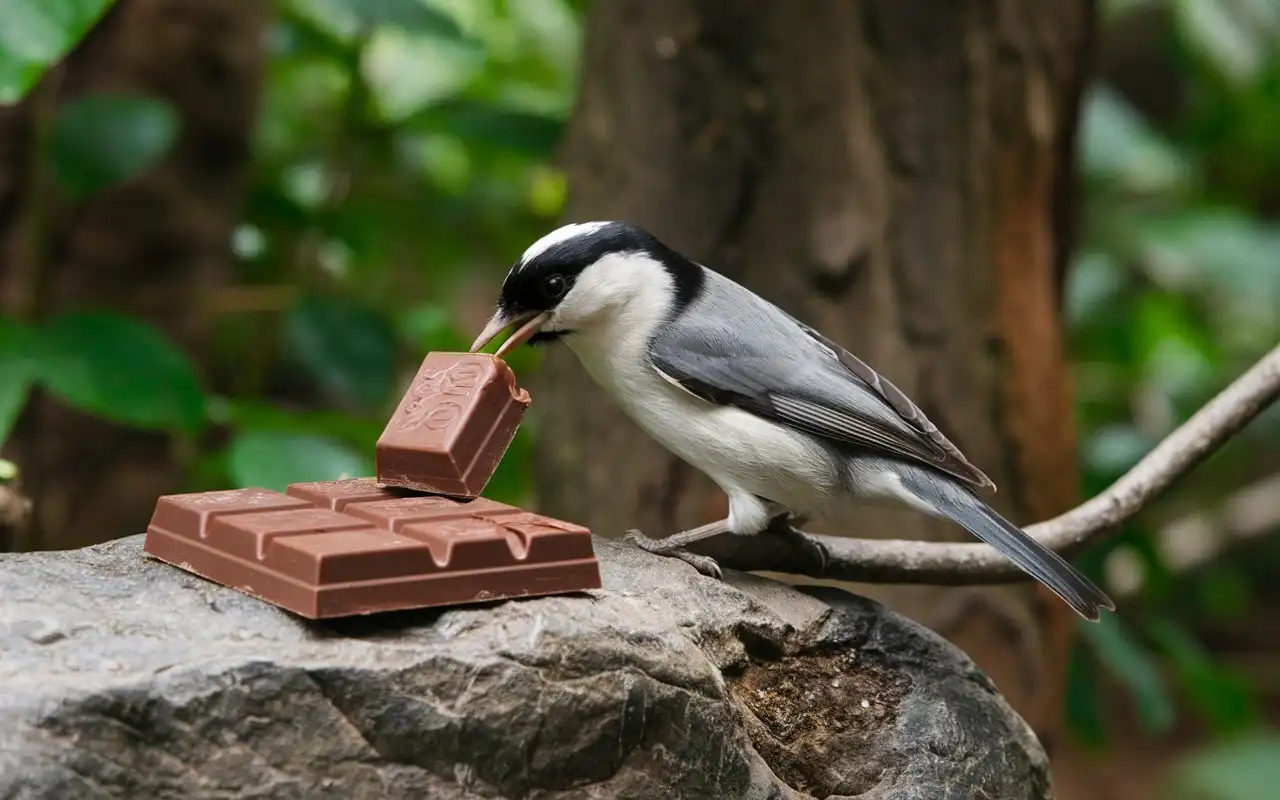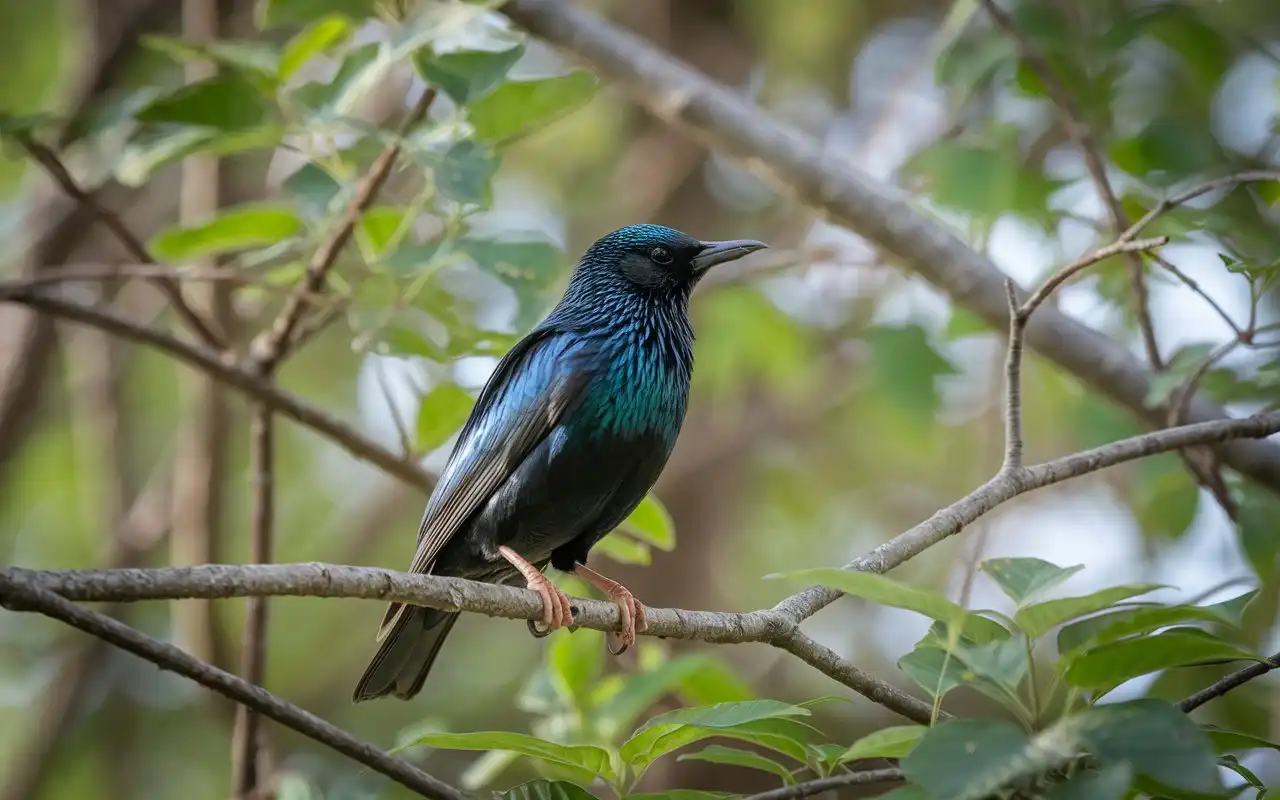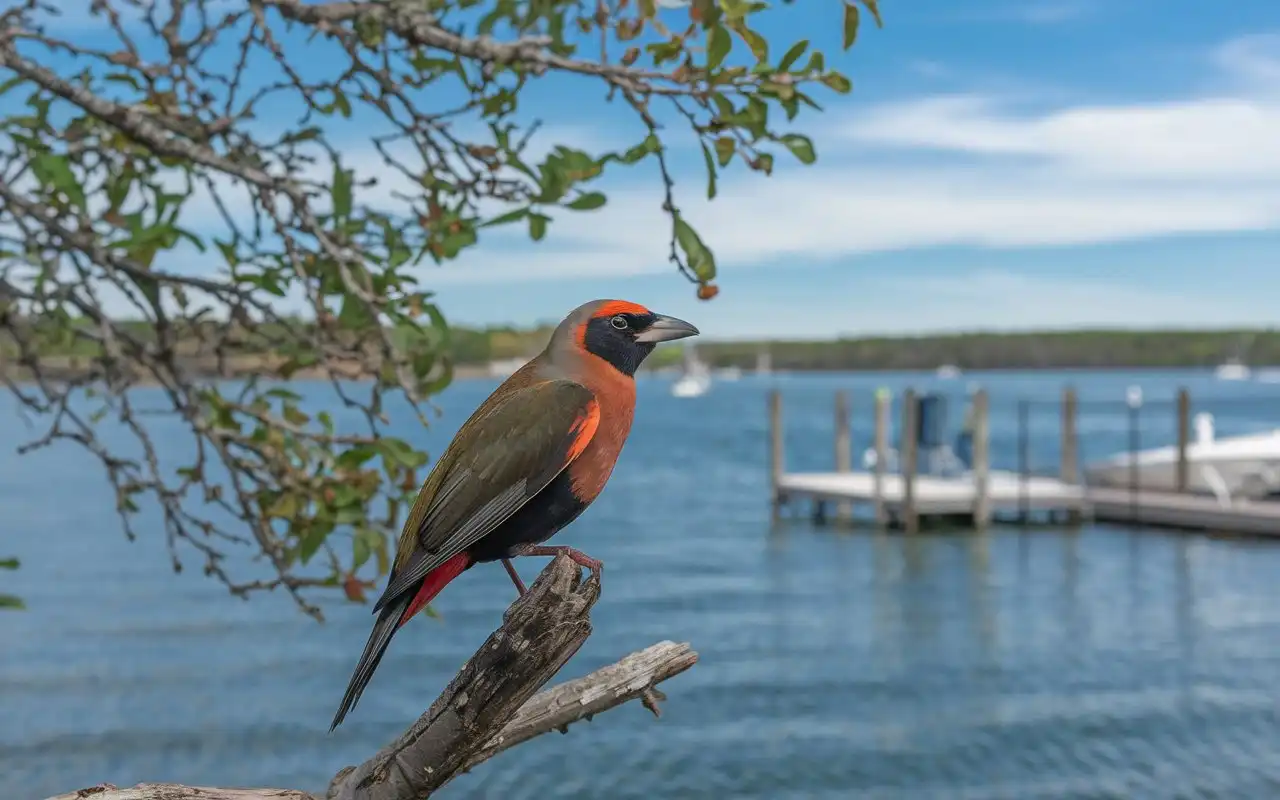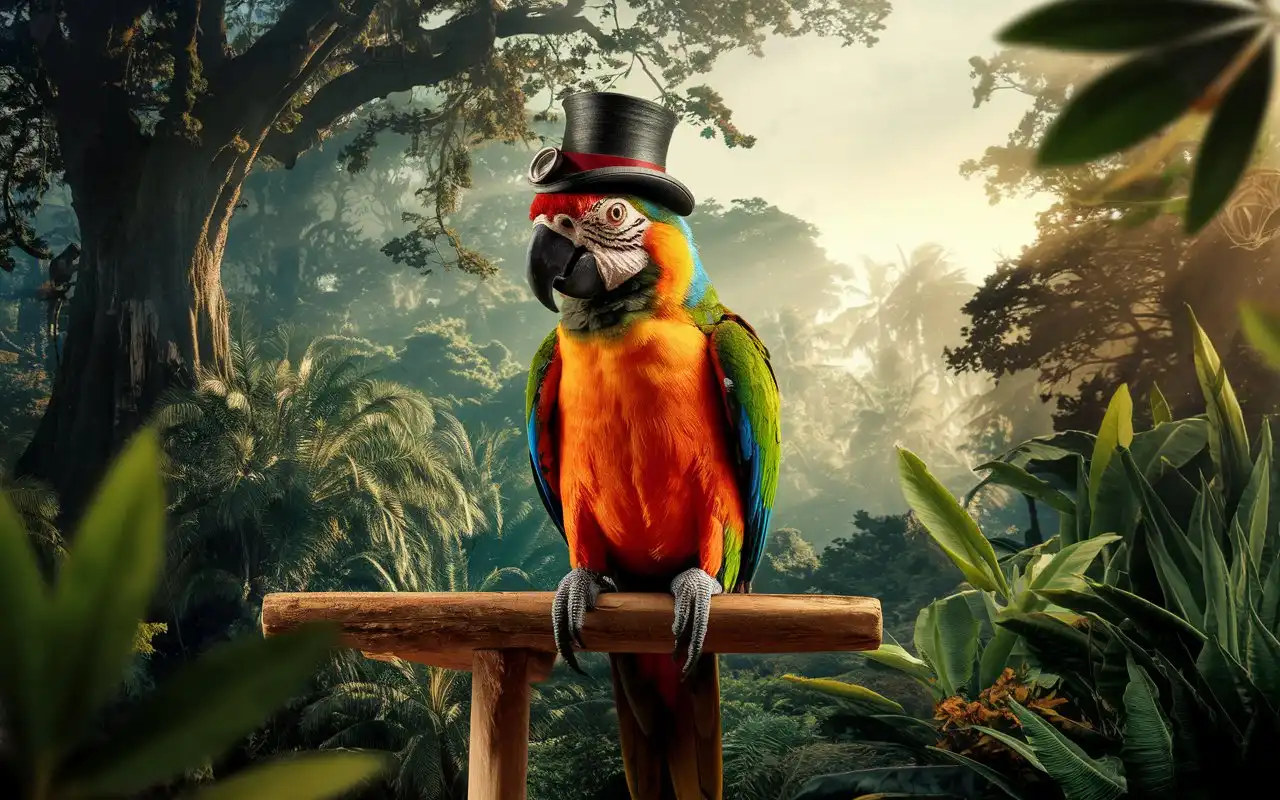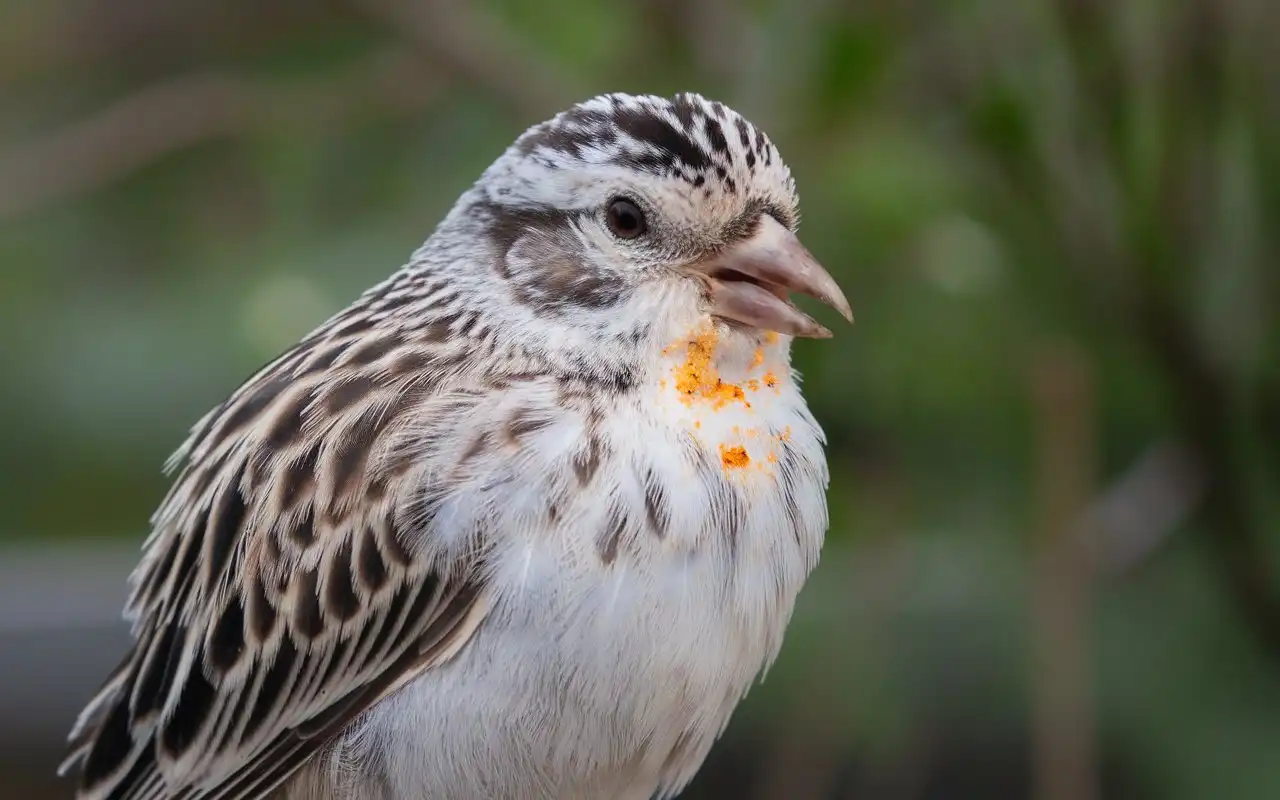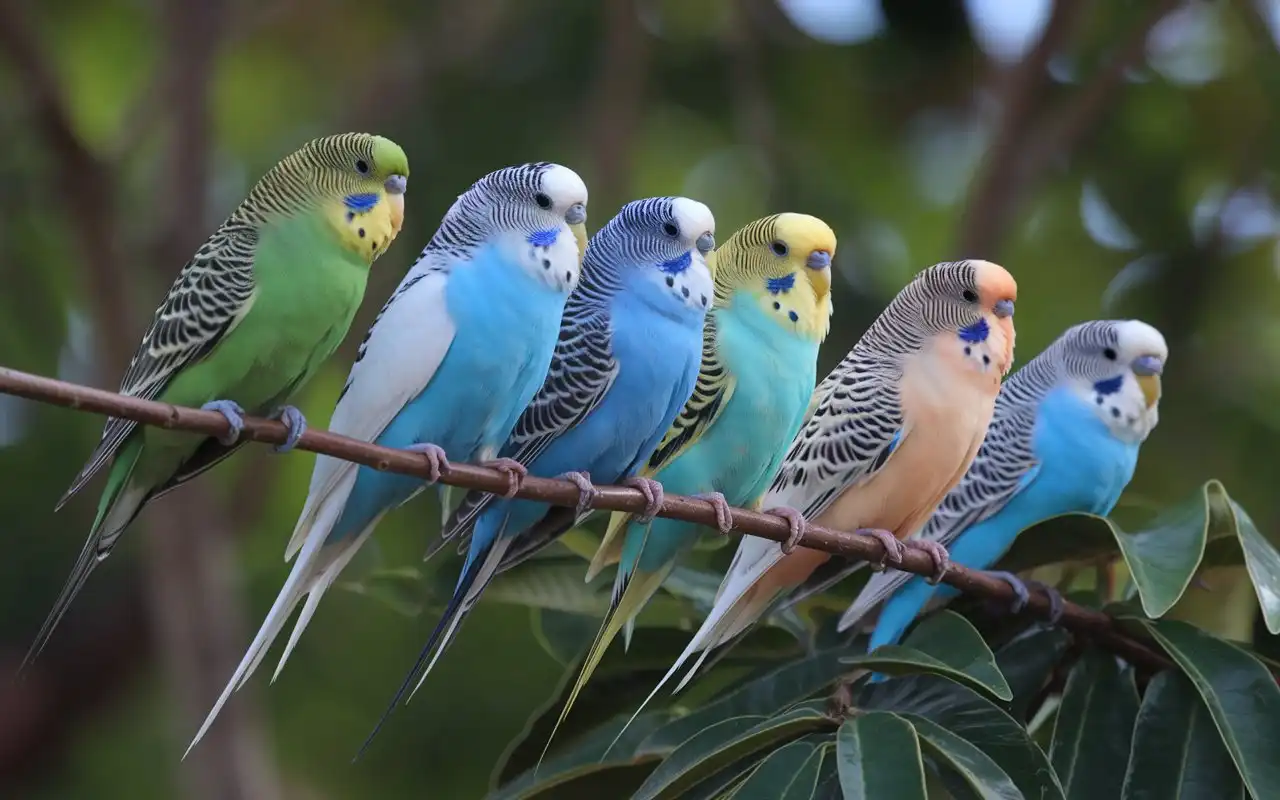Can birds eat chocolate? This question often comes up among bird lovers. It is especially relevant when sharing human food with our feathered friends. Chocolate, a beloved treat for many humans, is not as harmless for birds. In fact, it can be quite dangerous! Chocolate is delicious, but it can harm birds. This article will explore the risks of chocolate in birds. It will highlight safe foods and provide tips to keep your birds healthy.
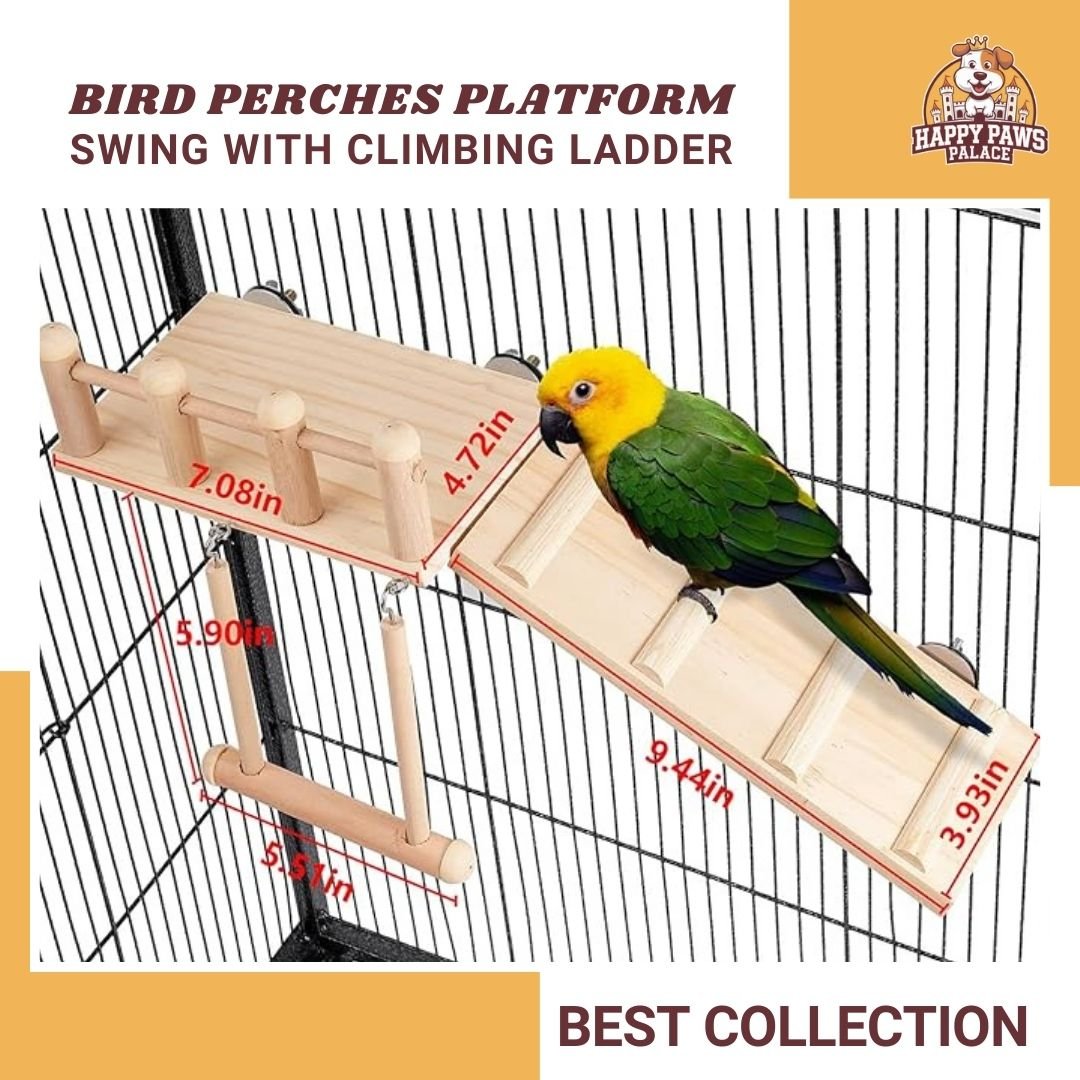
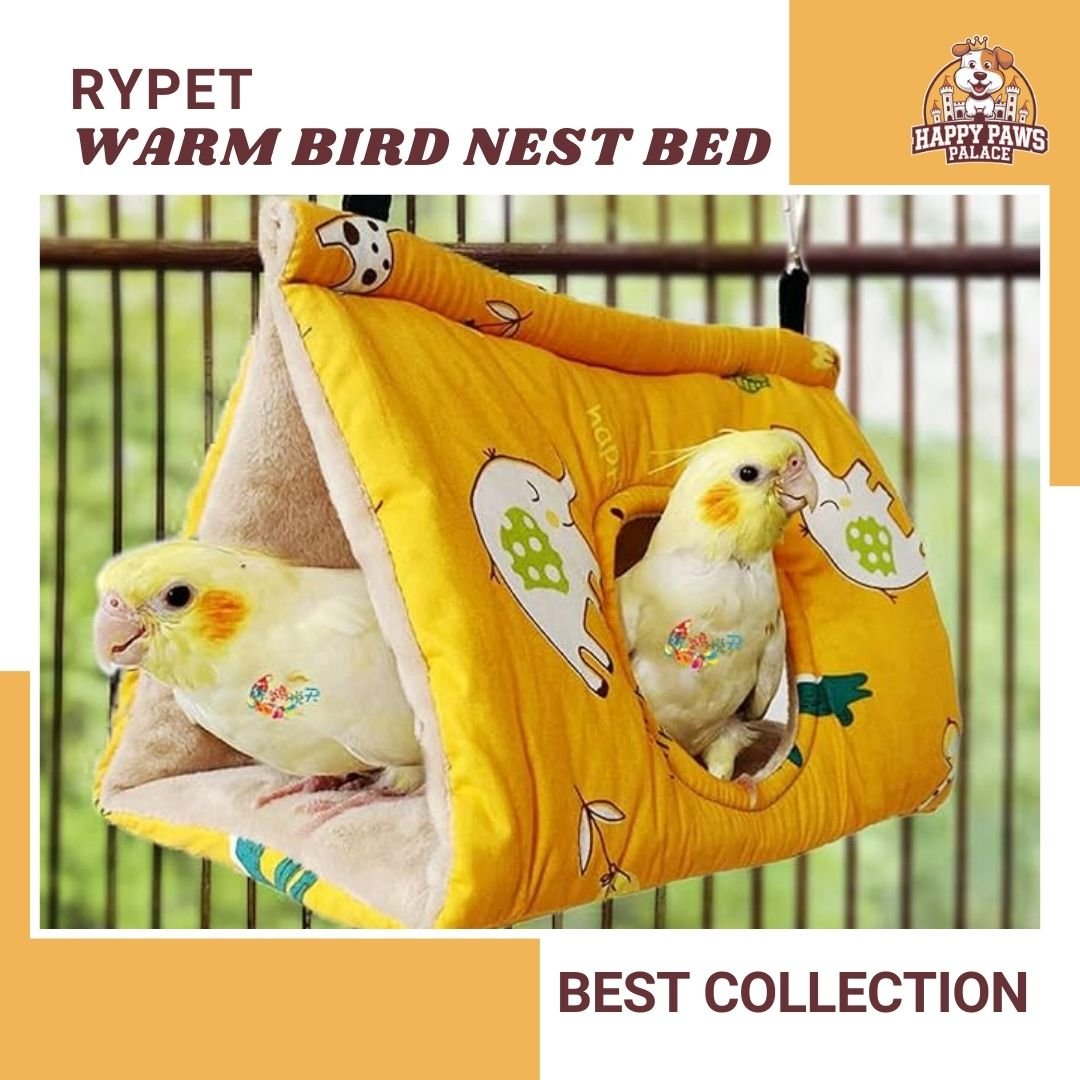
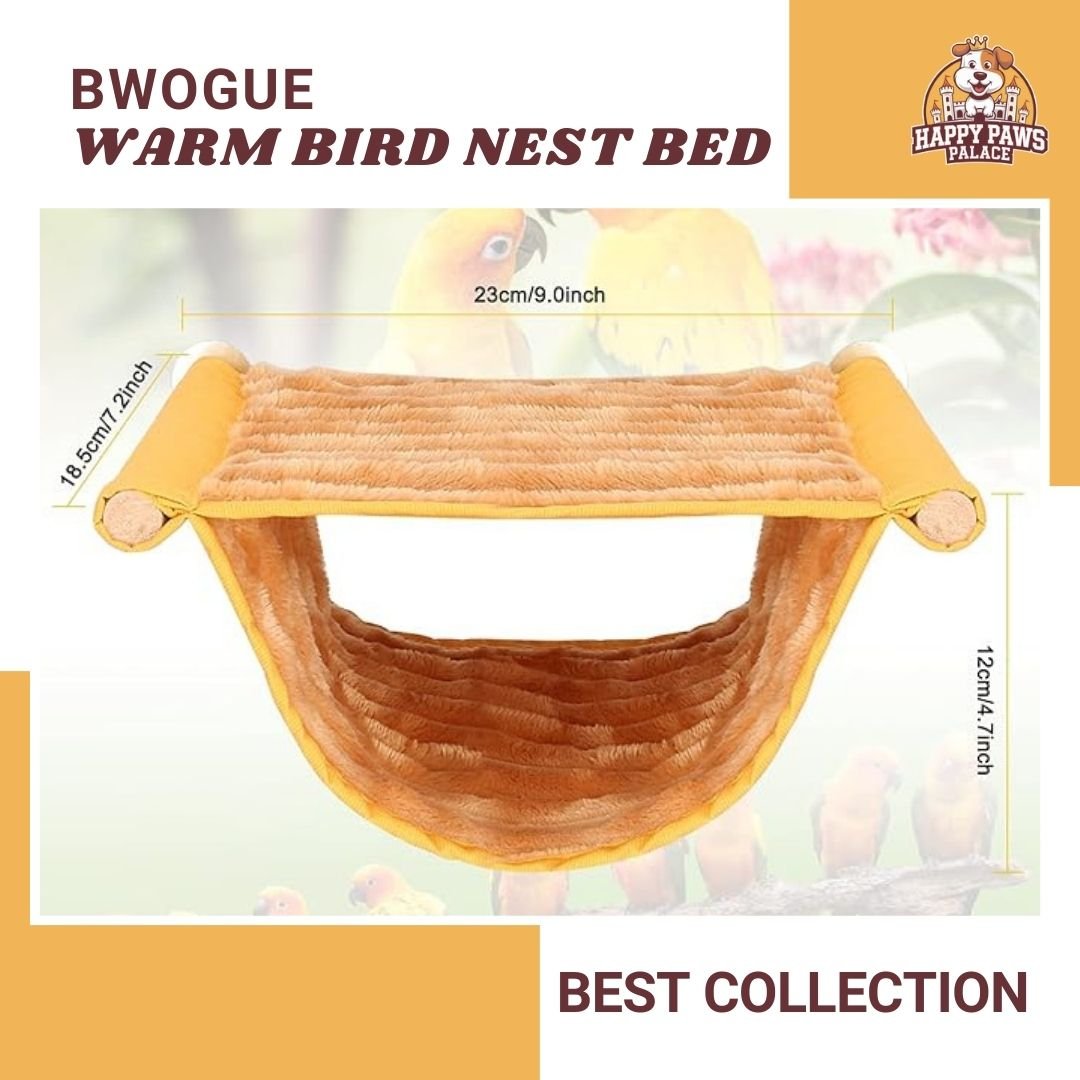
Understanding Bird Diets
Nutritional Needs of Birds
Can birds eat chocolate? Birds need a balanced diet to thrive, just like humans do. Their nutritional needs depend on their species, age, and health. A good diet for birds includes seeds, pellets, and fresh fruits and vegetables. These foods provide essential vitamins and minerals, support digestion, and promote health. When feeding your bird, choose high-quality foods for their species. For example, parrots need a diet rich in fruits and vegetables. Finches thrive on seeds. Different species have different needs. Knowing them can help you create a healthy feeding plan.
Common Foods for Birds
Can birds eat chocolate? In addition to pellets and seeds, many birds enjoy a range of fruits and vegetables. Some bird-friendly options include:
- Fruits: Apples, bananas, berries, and oranges are popular choices. Always remove seeds and pits. They can be toxic.
- Vegetables: Leafy greens like spinach, kale, and broccoli are excellent for birds. Carrots and bell peppers also provide nutritional benefits.
- Nuts and Seeds: Offer unsalted nuts, like almonds and walnuts, in moderation. Sunflower seeds are also fine.
It’s vital to introduce new foods gradually. This lets your bird adjust to new tastes and textures. Avoid feeding them processed human foods that may contain harmful ingredients, including chocolate.
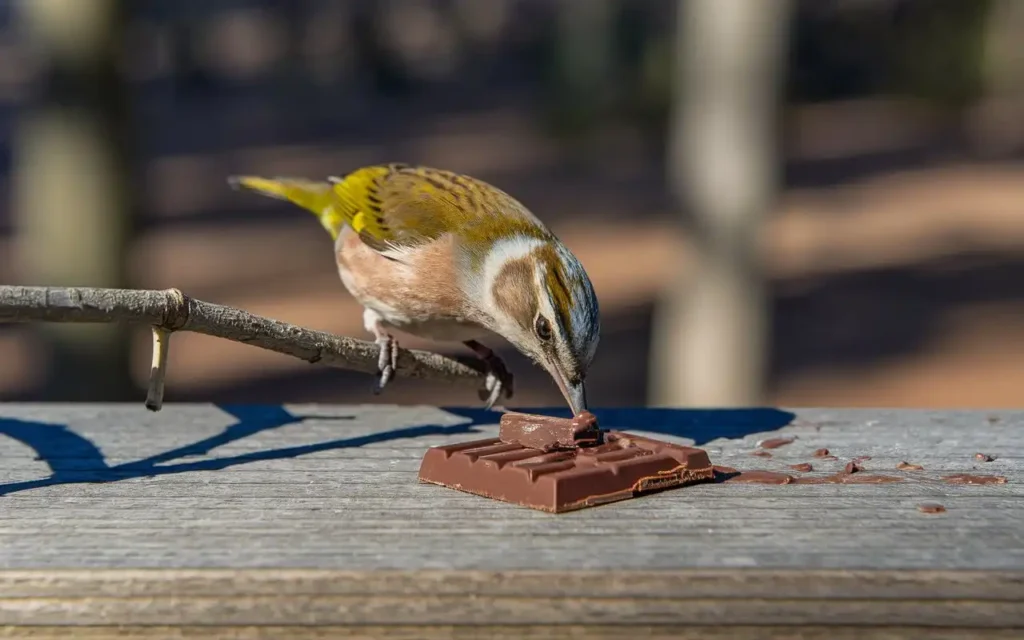
The Dangers of Chocolate
Why Chocolate is Toxic to Birds
Now, let’s address the big question: Can birds eat chocolate? The answer is a resounding no! Chocolate is toxic to birds and can cause severe health issues. The main culprits are theobromine and caffeine. They are stimulants that can affect a bird’s nervous system and heart.
Birds metabolize these compounds much more slowly than humans do. So, they are more susceptible to chocolate poisoning. Even small amounts of chocolate can lead to serious consequences, and in some cases, it can even be fatal.
The Components of Chocolate That Are Harmful
Can birds eat chocolate? Cacao beans, used to make chocolate, contain theobromine and caffeine. They are natural substances. Here’s how they affect birds:
- Theobromine: This compound may cause birds to have a fast heart rate, muscle tremors, and hyperactivity. In more serious situations, it can result in seizures. The worst outcomes include death. This poses a risk to avian health. So, be cautious when handling or exposing birds to this substance.
- Caffeine: Caffeine, like theobromine, can make birds restless and raise their heart rates. This stimulant may disrupt their sleep, causing anxiety. Caffeinated substances can harm birds. So, be cautious around them.
Given these dangers, we must keep all chocolate away from birds. This includes baking chocolate, dark chocolate, and chocolate-flavored products.
Symptoms of Chocolate Poisoning
Recognizing the Signs
Can birds eat chocolate? If a bird consumes chocolate, it’s crucial to be aware of the symptoms of chocolate poisoning. Signs to watch for include:
- Vomiting or diarrhea.
- Increased heart rate or rapid breathing.
- Hyperactivity or agitation.
- Tremors or seizures.
- Lethargy or weakness.
If you see symptoms of chocolate poisoning in birds, seek help. Prompt veterinary care is crucial. Delaying treatment can worsen the condition, making it vital to act quickly. Swiftly addressing these signs can greatly improve your bird’s chances of recovery. Don’t hesitate to seek help.
Steps to Take If Your Avian Friend Ingests Chocolate
Can birds eat chocolate? If you suspect that your bird has consumed chocolate, follow these steps:
- Remove any remaining chocolate: Ensure that your bird cannot access any more chocolate.
- Monitor your bird: Keep a close eye on your pet for any signs of distress or unusual behavior.
- Contact your veterinarian: Provide details about how much chocolate your bird has consumed and the type of chocolate. This information will help the veterinarian assess the situation and determine the best course of action.
Prompt veterinary care can make a significant difference in your bird’s recovery. Don’t hesitate to act quickly if you believe your bird is in danger.
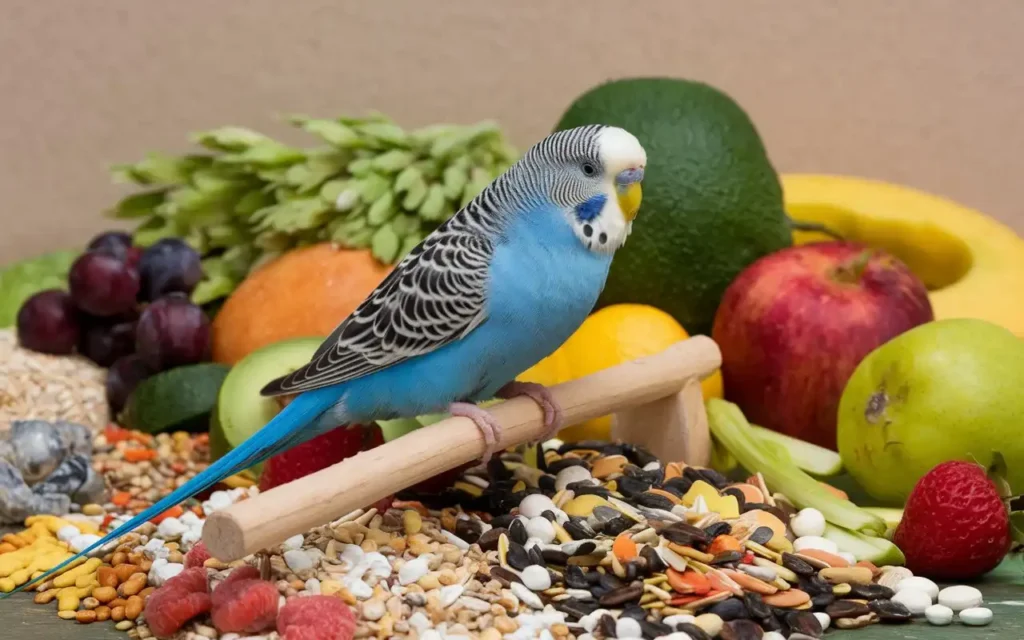
Safe Treat Alternatives
Bird-Safe Fruits
Can birds eat chocolate? Instead of chocolate, consider offering your bird safe, nutritious treats that they will love! Fruits like apples, bananas, and berries are great choices. They provide essential vitamins. They also satisfy your bird’s sweet cravings. Unlike chocolate, they are safe.
When feeding fruits, always wash them thoroughly and remove any seeds or pits. You can offer them whole or cut them into smaller pieces to make it easier for your bird to enjoy.
Nuts and Seeds
Nuts and seeds can also be fantastic treats for birds, but moderation is key. Unsalted almonds, walnuts, and sunflower seeds can provide healthy fats and protein. These treats can be offered as occasional rewards or mixed into their regular diet for variety.
Just like with fruits, it’s important to ensure that any nuts or seeds are free from added salt, sugar, or artificial flavors. Stick to natural, unprocessed options to keep your bird healthy.
Preparing a Balanced Diet for Your Bird
The Importance of Variety
Can birds eat chocolate? Creating a balanced diet for your bird involves more than avoiding chocolate. Variety is crucial! Birds thrive on diverse foods that provide different nutrients. A mix of pellets, fresh fruits, vegetables, and nuts will help. It will ensure your bird gets all the vitamins and minerals it needs to be healthy.
It’s also beneficial to change things up regularly. Birds can become bored with their diet if it remains the same for too long, leading to picky eating habits. By introducing new foods and textures, you can keep your bird engaged and excited about mealtime.
Supplements for Birds
In some cases, you might consider offering supplements to ensure your bird is getting adequate nutrition. Avian-safe vitamin and mineral supplements can be beneficial, especially if you notice that your bird is not eating a varied diet.
However, always check with your vet before adding supplements to your bird’s diet. They can help you determine if your bird needs additional nutrients and recommend safe products.
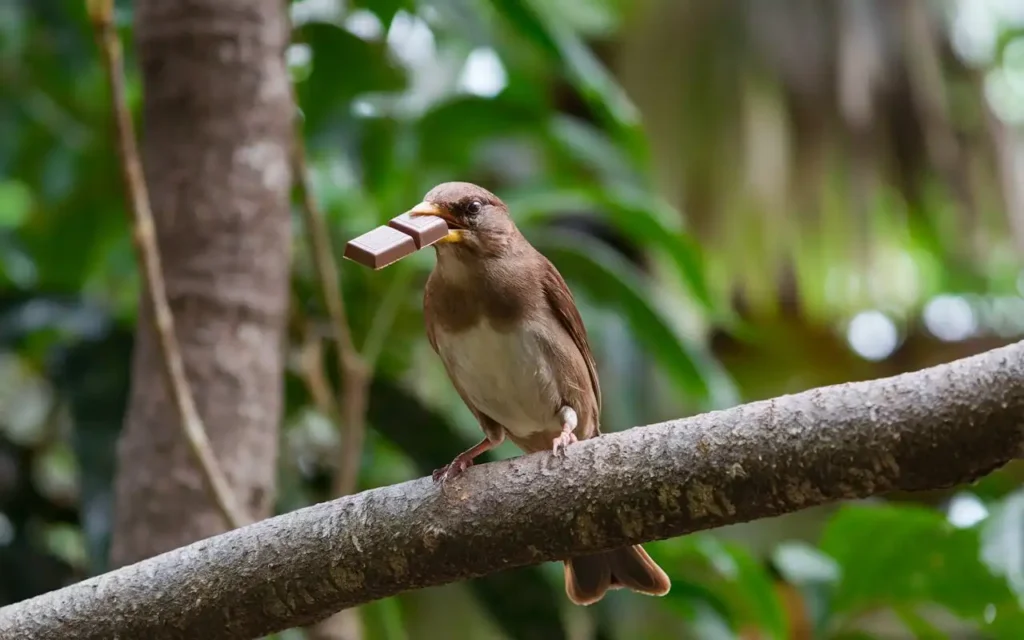
Creating a Safe Environment for Your Birds
Besides diet, a safe environment is vital for your birds’ health. It includes keeping harmful foods out of reach. It also means ensuring their space is free of toxic plants, chemicals, and unsafe toys. Many common houseplants, like philodendrons and lilies, can poison birds. Regularly inspecting their environment and removing any potential hazards is essential. Also, provide enriching activities. Use foraging toys and social interactions. They will keep them mentally stimulated and engaged. A safe, enriching environment will help your birds thrive. It will also reduce accidents and health risks.
Understanding the Risks of Human Foods
While chocolate is one of the most dangerous human foods for birds, it’s essential to recognize that many other common foods can also pose risks. For instance, avocados are another food that is highly toxic to birds, leading to respiratory issues and even death. Other human foods like onions, garlic, and caffeine should also be avoided. As a responsible bird owner, know these harmful substances. They will keep your feathered friend safe. Always opt for foods specifically designed for birds or natural options that are known to be safe.
Educating Others About Bird Safety
Can birds eat chocolate? As a bird enthusiast, you can play a vital role in educating others about the dangers of chocolate and other toxic foods. Educate bird owners, friends, and family about birds’ dietary needs. You could create informative social media posts. Or, join local bird clubs to exchange tips and resources. Education is key to preventing accidents and ensuring that more birds live healthy, happy lives free from the risks posed by unsafe foods.
Conclusion
In summary, can birds eat chocolate? Definitely not! Chocolate is extremely harmful to birds and must be kept out of their reach. Bird owners must know that chocolate is dangerous. They should provide safe food instead. Emphasizing a nutritious diet rich in fruits, vegetables, and bird-safe treats is vital. This approach ensures your feathered friends will flourish and lead long, healthy lives. To prioritize their well-being, avoid toxic substances like chocolate. Offer them the best food choices. Their nutrition will greatly impact their health and happiness.

